Highlight

Successful together – our valantic Team.
Meet the people who bring passion and accountability to driving success at valantic.
Get to know usCorona Survey – Over 200 IT Managers and CEOs State Their Views
Munich, February 3, 2021: At the end of 2020, valantic and techconsult conducted a survey of over 200 German-speaking companies from all industries with respect to the question: How has the Corona pandemic impacted digital transformation projects and project priorities? Which topics have become more important, which less important? The result: Companies reprioritize their IT roadmaps. Initially, they focused primarily on securing business operations and protecting the health of the companies’ own employees. The digital workplace in the home office, secure communications and flexible, transparent logistics processes were also important. In the long term, Corona has expedited much-needed change processes, according to another of the survey’s findings. 46 percent of the survey’s respondents have initiated new, previously unplanned projects in areas including supply chain management, e-commerce, process optimization and automation.

Study Report: The Corona Crisis Resets IT Priorities
The Corona pandemic has forced German-speaking companies to re-prioritize their IT projects and digital transformation initiatives and has shaken up the IT roadmaps of the 200-plus companies surveyed by valantic and techconsult. The optimists, however, clearly outnumber the pessimists at German-speaking companies when it comes to responding to new challenges. 46 percent of survey participants have launched business-relevant IT projects that were not previously planned. 38 percent have decided to postpone less urgent projects for the time being and not to pursue them with high priority. But just under 24 percent are inclined to put certain IT projects on hold altogether for an indefinite period. The study’s participants were IT managers, IT department heads and decision-makers involved in implementing digital projects in the areas of SAP, logistics, e-commerce, customer experience and business analytics.
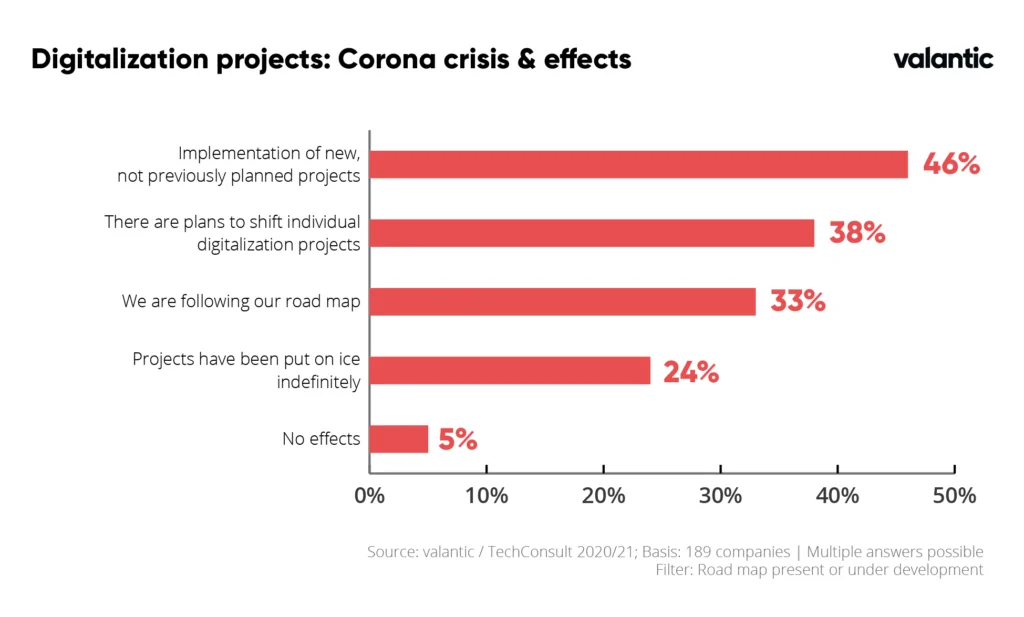
One of the main objectives of the re-prioritized IT roadmaps is to enable flexible and progressive working methods for employees – such as home office, secure video conferencing and collaborative working on documents – to ensure interruption-free business operations. In general, enhanced flexibility and security play a greater role than before Corona and the new methods of doing business that have accompanied it. By contrast, the classic goal of increasing revenue through digitalization – which was the top driver from pre-Corona times – has been “put on the back burner” for the time being, in view of the fact that new challenges had to be overcome quickly and efficiently under the pressure of the pandemic.
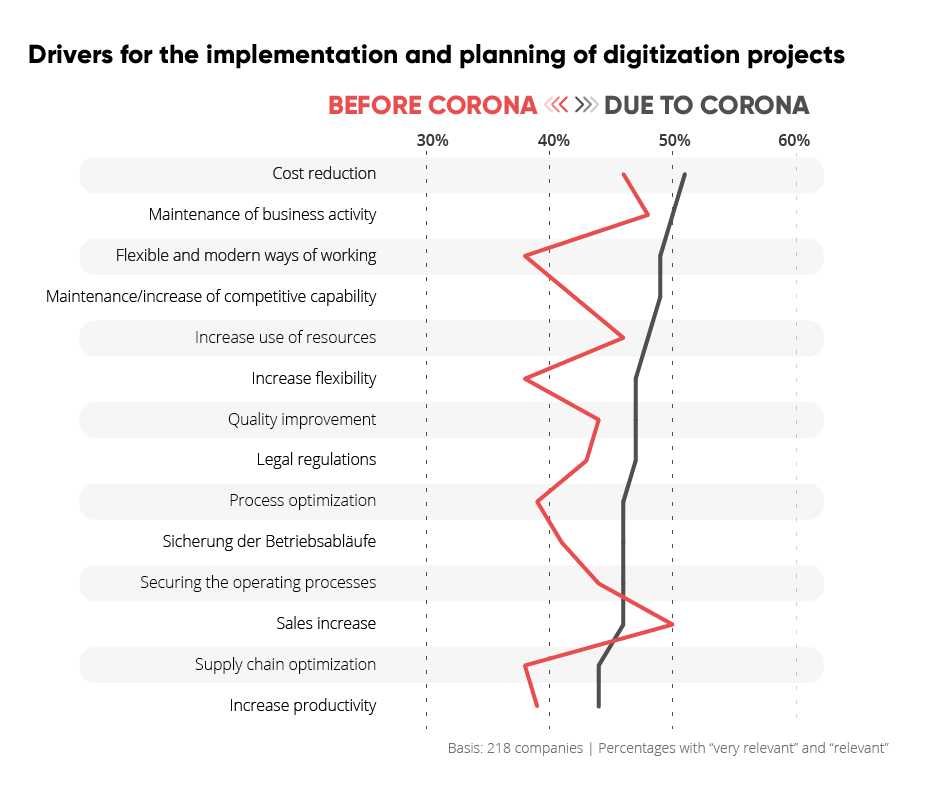
It is revealing which IT-related measures are considered helpful in positioning companies to fully ramp up business again post-crisis – including with the help of external IT service providers – and to better prepare businesses for similar crises in the future. A good 41 percent of the survey participants wish to intensify their presence in contactless online business; one of the most likely reasons for this is the high growth rates enjoyed by e-commerce in recent months, with B2C and B2B customers using digital sales channels more intensively than a year ago. 40.8 percent of respondents have resolved to optimize their operating processes or automate them with technologies such as robotic process automation. This also has a positive impact on operating performance, which 39 percent wish to improve in the future.
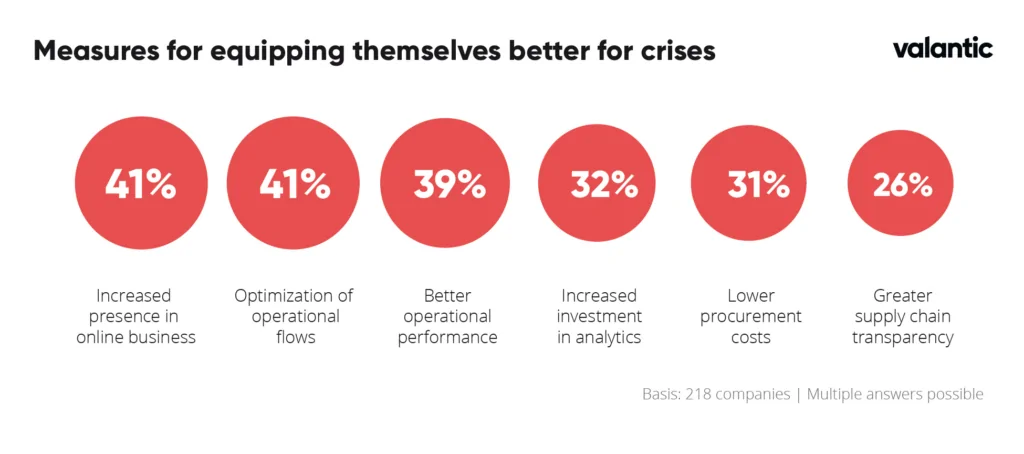
Corona Winners: Supply Chain Management, Blockchain and Digital Twins
Corona has not only put German-speaking companies under pressure, but has also prompted a rethink and highlighted the need to think ahead. The IT business topic of supply chain management has risen sharply in terms of relevance. Companies want supply chains that have end-to-end transparency and contain all the vital KPIs, enabling them to respond proactively to impending bottlenecks and failures and to avoid losses.
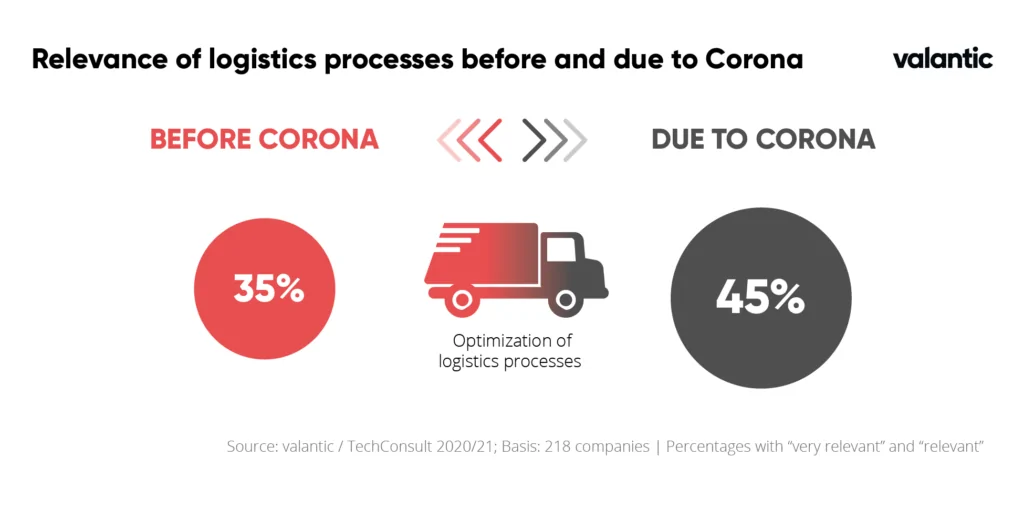
Certain technologies that are still relatively young, such as the digital twin – which simulates real-world economic processes and solutions digitally and more cost-effectively – and blockchain are attracting more attention than in pre-Corona times and have gained in relevance. German-speaking companies are thinking harder about how they can benefit from these technologies and achieve their business goals more quickly.
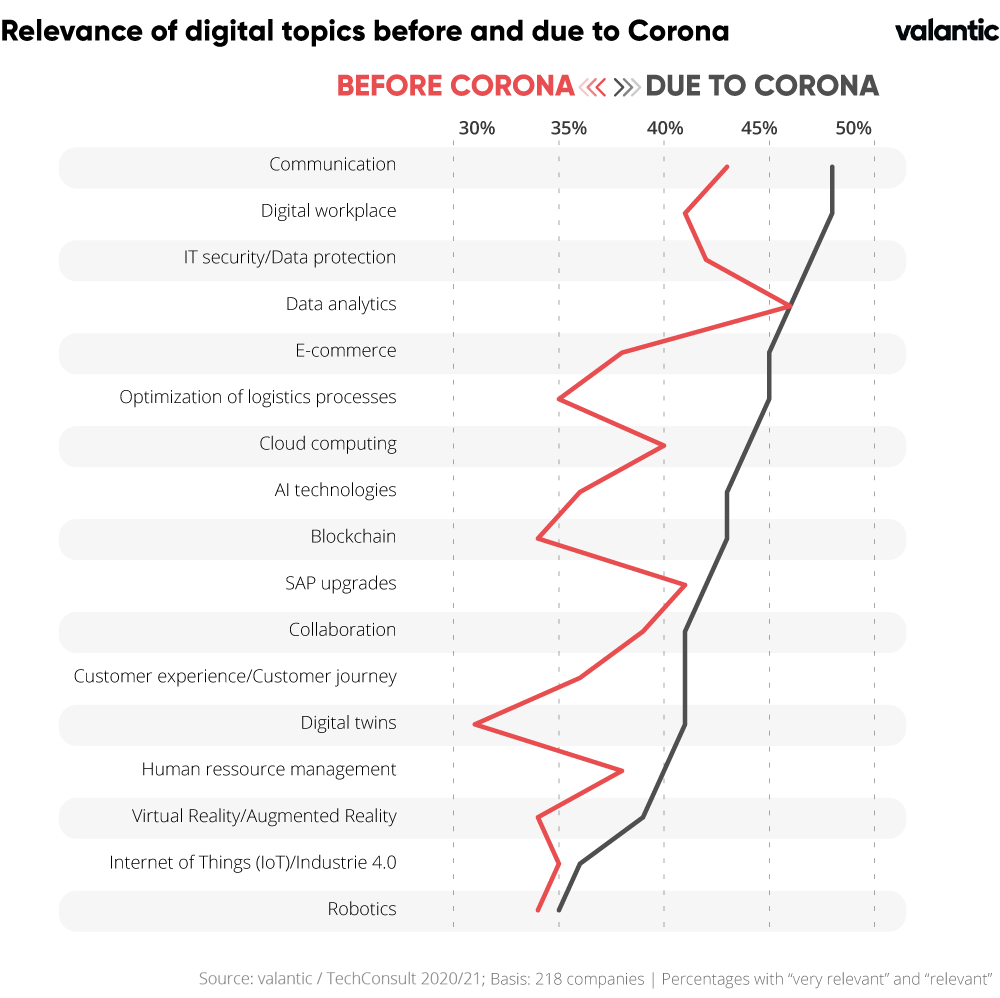
Success Factor: Clear Digital Transformation Strategy for the Coming Years
Most German companies, however, still have no clear digital transformation roadmap for the coming years. Only 26 percent are already implementing an existing roadmap, while 29 percent are working on developing one. 12 percent are still at the planning stage and 8 percent have not yet given any thought at all to digital transformation. This could take its toll in the future since in no way do a few hasty ad hoc measures make for a smart, digitalized company capable of effortlessly mastering future challenges and crises. By contrast, companies that systematically implement their digital transformations benefit from more productive work processes and more efficient value chains, and enjoy superior KPIs.
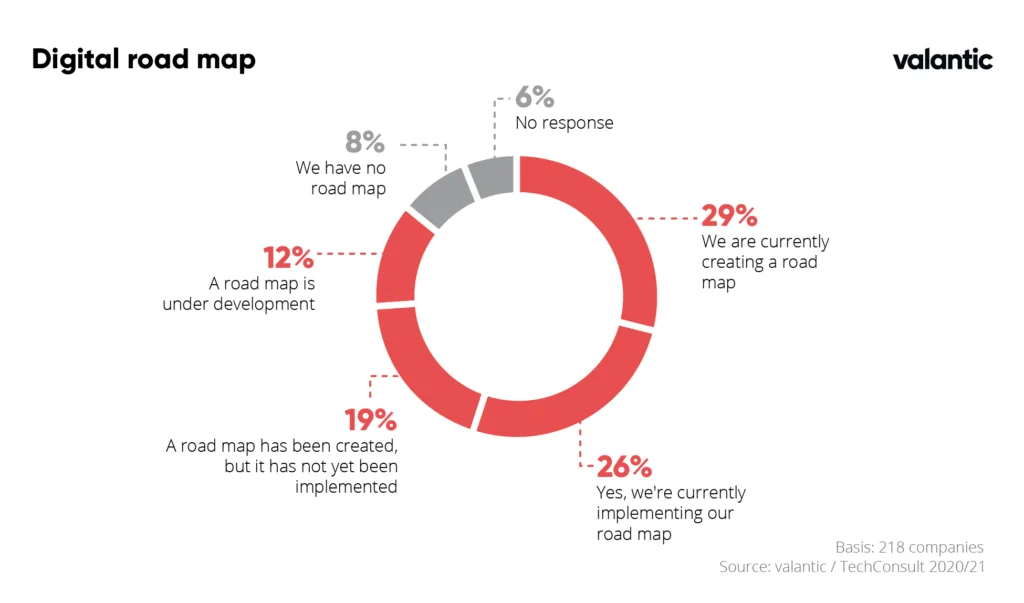
Quote by valantic CEO and Partner, Dr. Holger von Daniels
“The pandemic has split German companies into leaders and followers. Those who had already driven their digital transformation projects forward prior to Corona had a clear advantage when the pandemic struck. At the beginning of the crisis, companies initially focused on staying in business. But after that, I was impressed by how many of our customers raised their digital transformation budgets fairly quickly, in some cases setting up massive digital transformation programs for the coming years. Among some of our customers, we are seeing a real determination now to implement often long-planned digitalization projects more systematically and with greater conviction.”

Source: valantic
Dr. Holger von Daniels, CEO at valantic
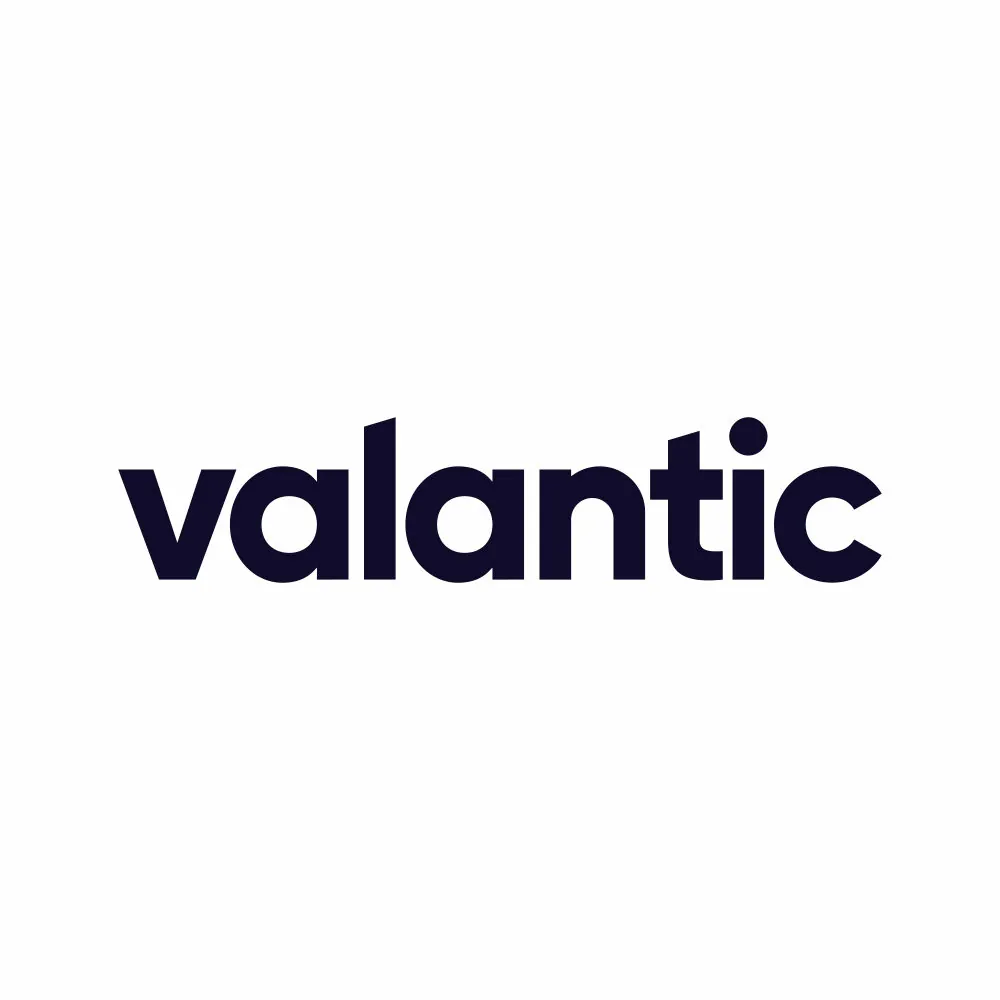
Source: valantic
valantic logo
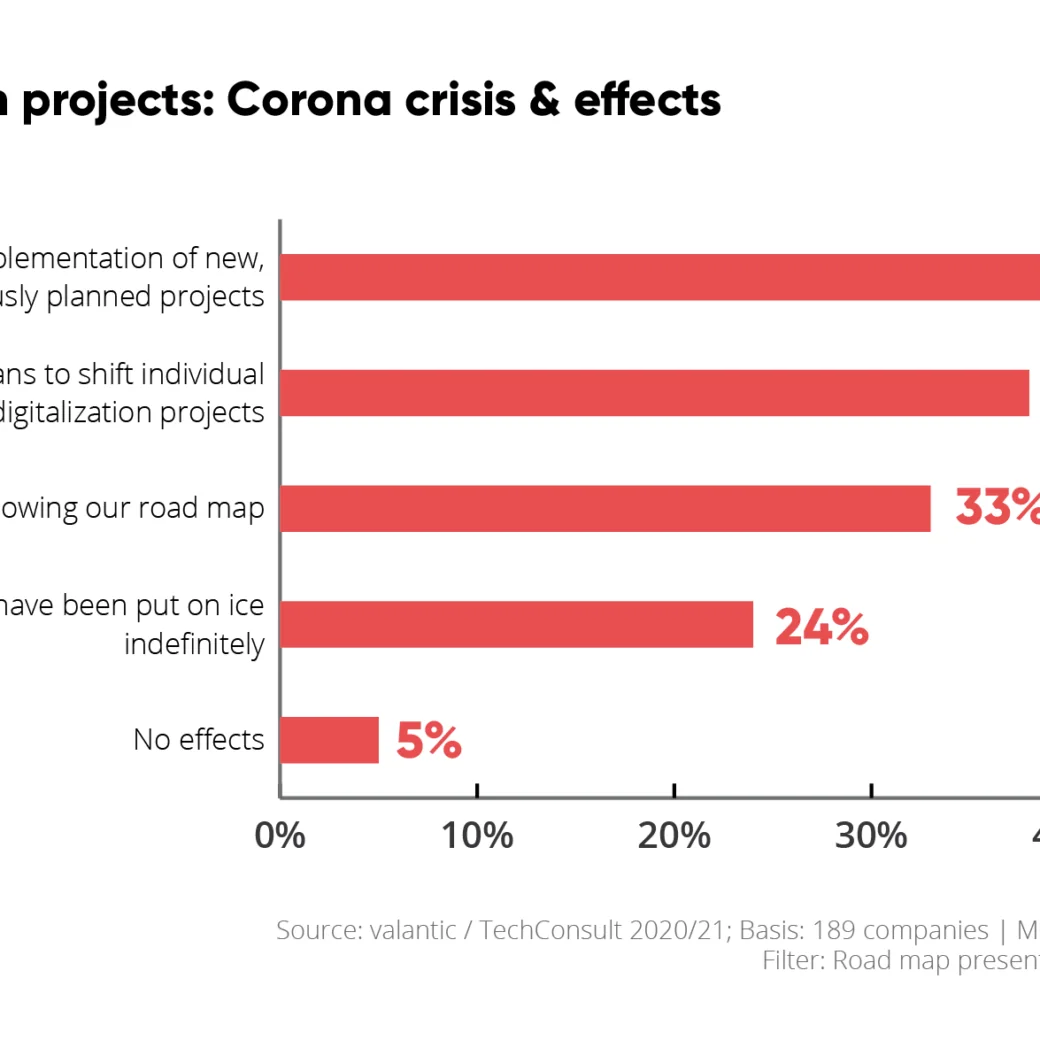
Source: valantic
Digitalization projects: Corona crisis & effects
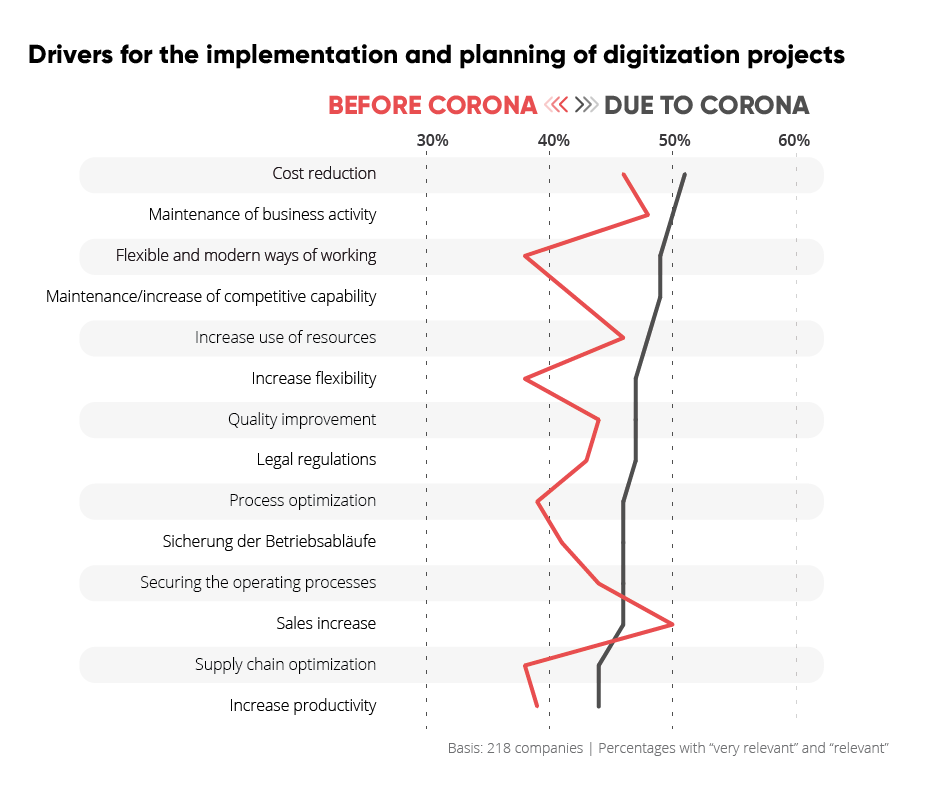
Source: valantic
Drivers for the implementation and planning of digitalization projects
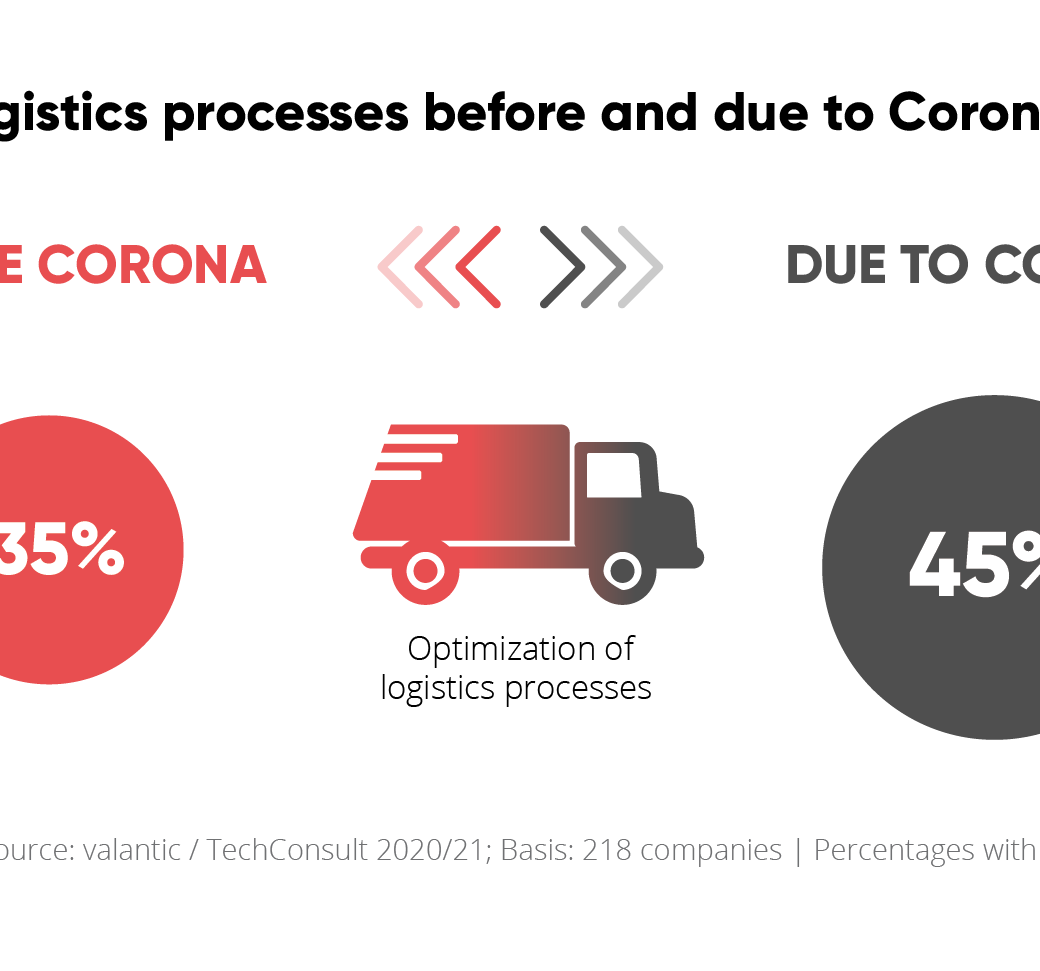
Source: valantic
Relevance of logistic processes before and due the Corona
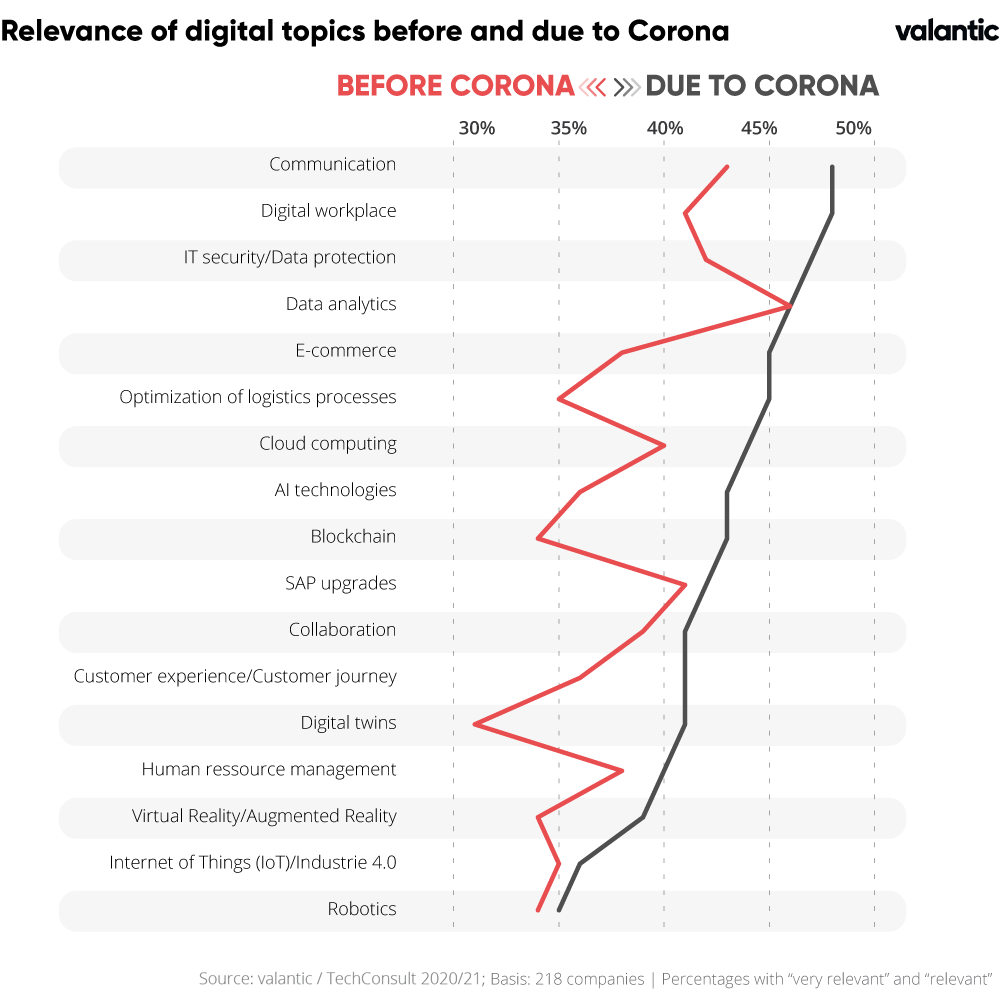
Source: valantic
Relevance of digital topics before and due the Corona
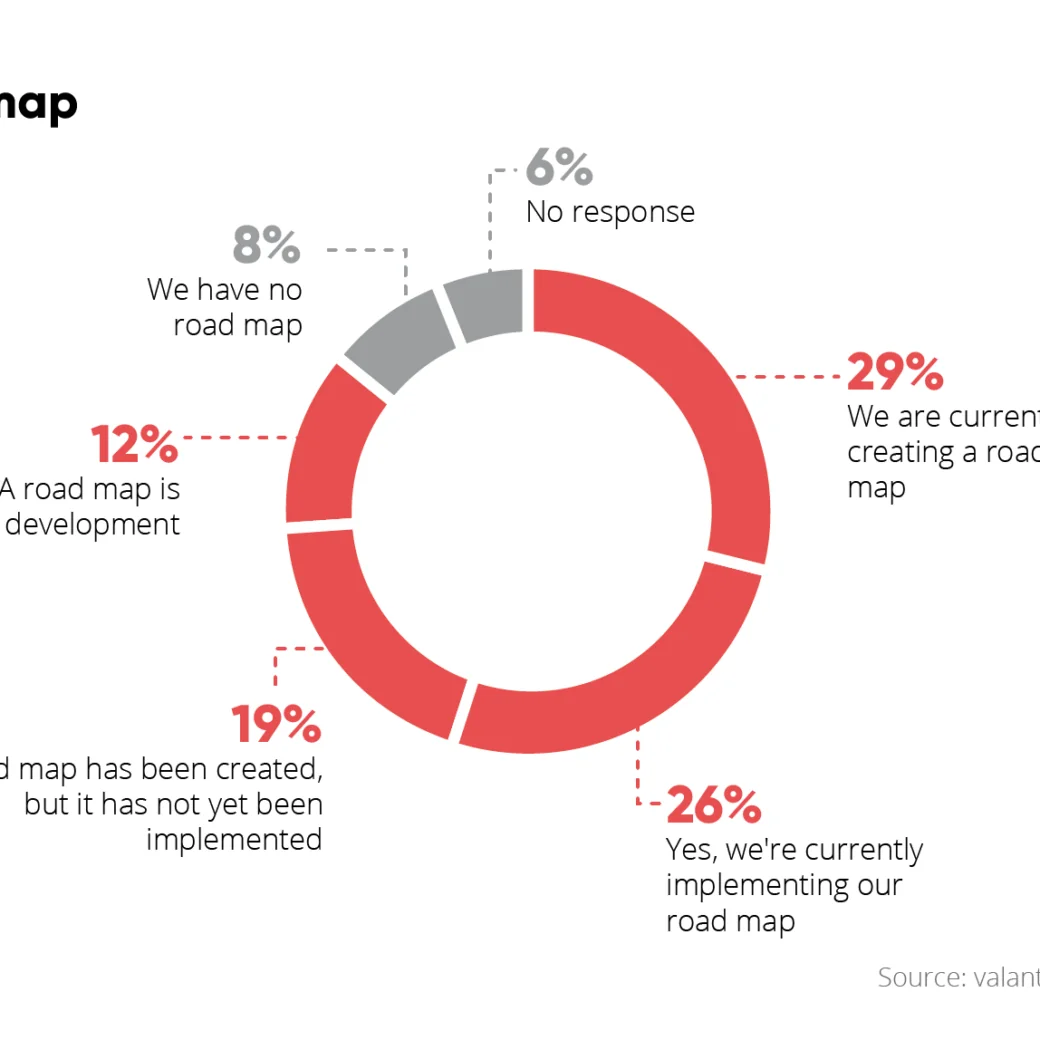
Source: valantic
Digital roadmap